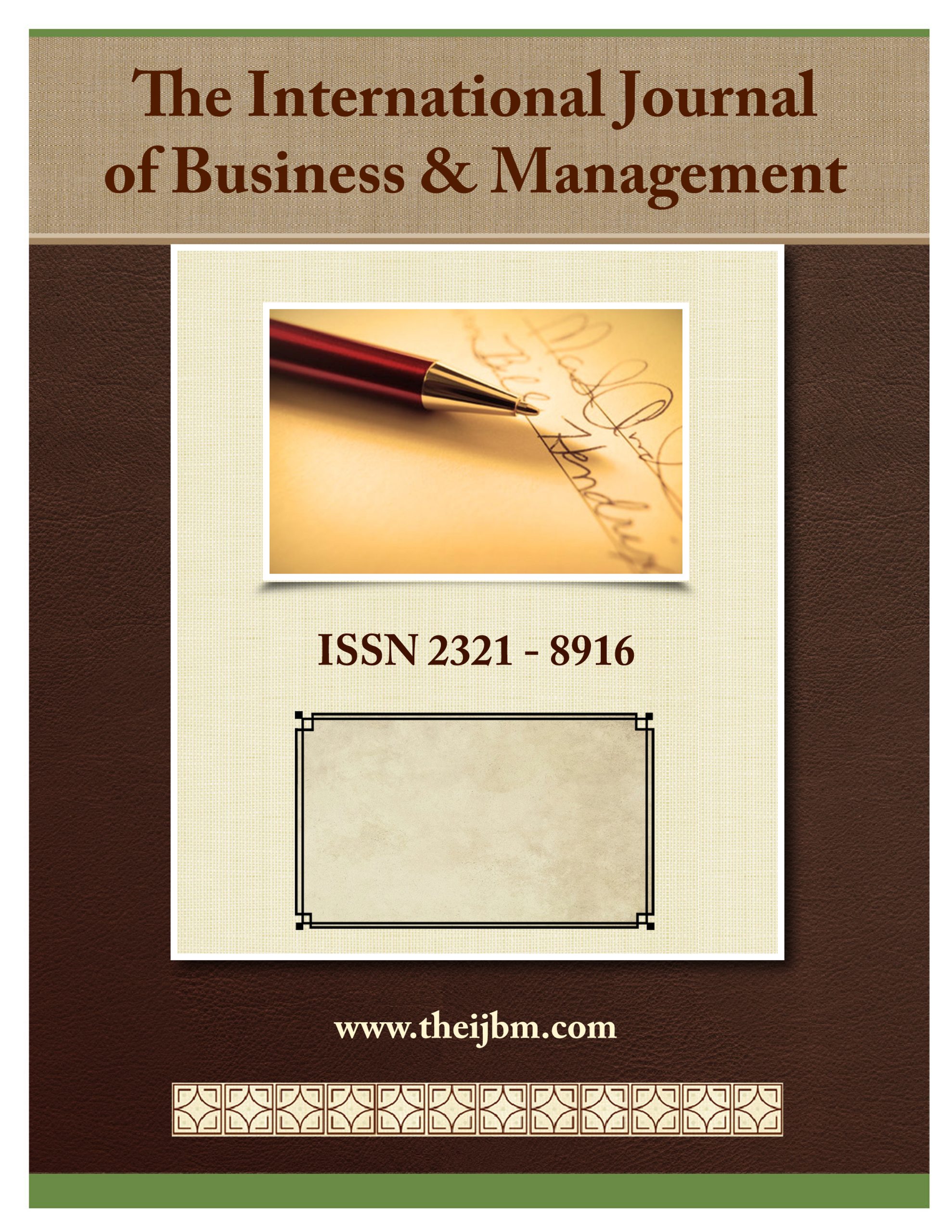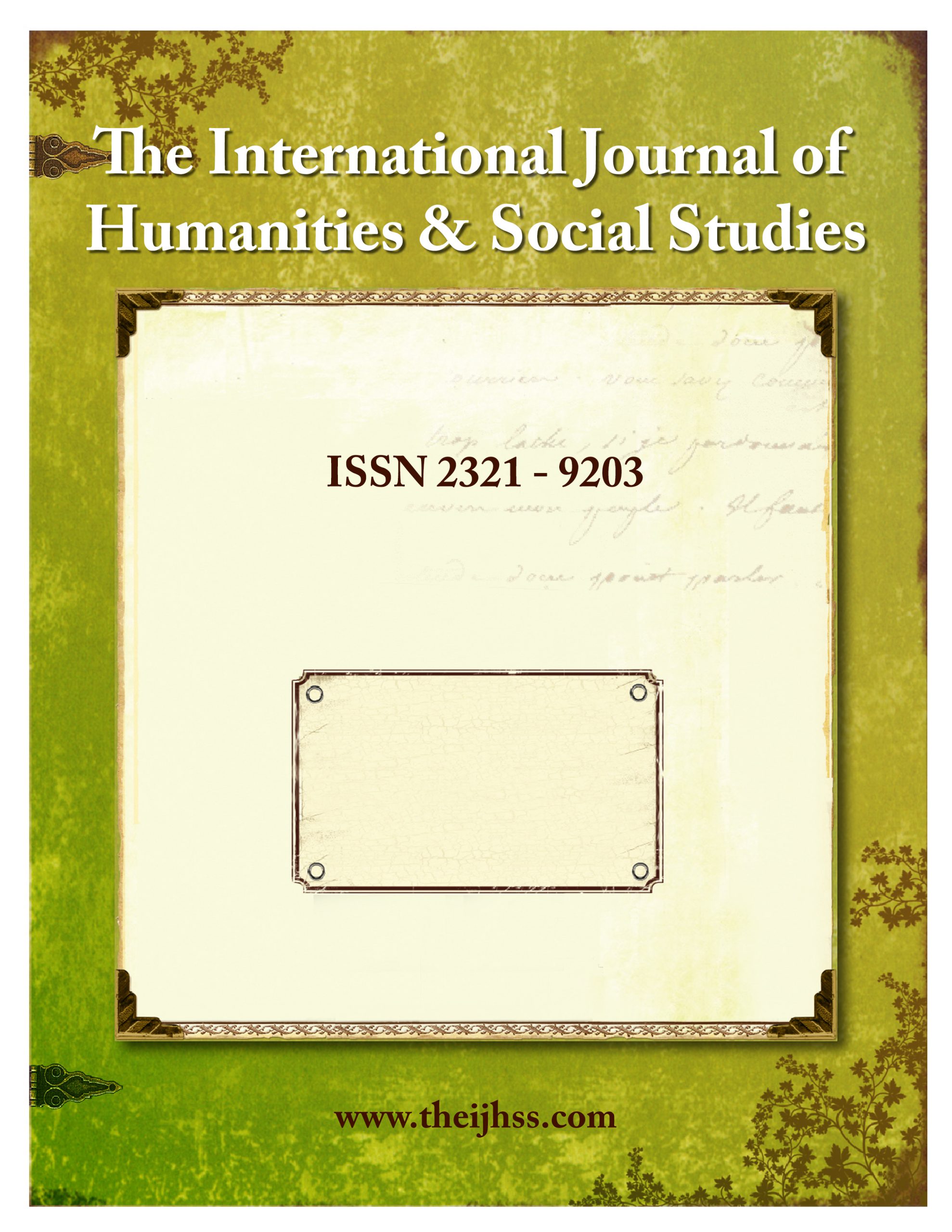There cannot be a single manual for success. Still, we can find several journal calls for papers, articles, and so on discussing how to write a good research paper. In addition, various research fields demand various types of themes, styles, and approaches. Despite all these differences, there are a few things that go in common with all types of research. A few of those points are discussed here to help researchers in interdisciplinary fields.
- Setting Reasonable Deadlines: Maintaining a schedule is the most important matter when it comes to research. Deadlines help us move faster towards our goals, and that too quite steadily because we are on a schedule and we know when to finish what. It keeps us from procrastination which can be considered the archenemy of researchers. Even in the case of independent research, try to maintain a schedule for data collection, analysis, and writing to meet or finish before your deadlines, if possible. Also, it is crucial to set achievable deadlines. Divide your tasks into parts and complete those segments in time. This way, you will not feel overwhelmed by the length of the task. After finishing small tasks in time, you will gain confidence to complete your research within the deadline.
- A Blueprint of the Research: Everything cannot be predicted beforehand; research is a process of discovery. Yet, to know where you are headed, you need a map. Drafting is that map for research. Before jumping into the massiveness of the whole task, create a blueprint of it inside your head. This will help you deal with the surprises that come along the way. Not only that but having a blueprint will help you meet your deadlines.
- Style of Writing: The writing style is one of the most important issues of research. It is a common notion that using ornamental language increases the depth and seriousness of the matter, but in modern times people are more interested in what you have to say rather than how heavy your language is. Modern people do not have much time, and simple writing is what attracts them. Therefore, to keep your readers’ attention on hold, write simply and fluently. Also, know which parts of your thesis are more important than the others and highlight those parts by putting them in the most eye-catching places in the paper.
- Editing: Everyone fears this part of the research because sometimes this demands even more effort than the discovery itself. After reading the manuscript, people start thinking it is not good enough, and they keep editing. Something needs to be remembered here; we have to know when to stop. Changing certain things is important, but trying to perfect what has already been perfected is nothing but a waste of time. It is true that your first draft may not be as perfect as you expected it to be, but that should not scare you. Start editing, and things will fall into place.
It is true that research writing is overwhelming. The only thing that can keep it from being overwhelming is a regular writing habit. No matter how prepared you are, if you do not have a writing habit, it will definitely become a difficult thing. Therefore, keep writing so when you finally embark on the journey of research writing. It will not be too tiring or too massive to handle.












